After the rigorous opening stages and the announcement of semi-final results, the 12th Hamamatsu International Piano Competition took a well-deserved rest. Well, not everybody had that kind of luxury, of course. When I ran into one of the finalists during the rest day, I asked him how he was going to spend his day. The answer came back fast and with conviction, “I am rehearsing and practising as I do every day!”
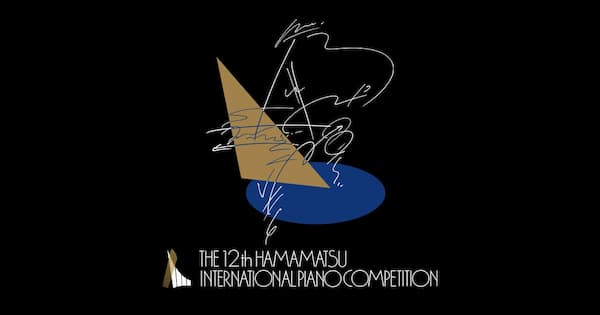
To Noriko Ogawa and Dang Thai Son, voting chairperson and jury member, respectively, this exemplifies the “wonderful sense of maturity and professionalism carried by each and every candidate.” Hamamatsu is unique in welcoming roughly 100 competitors from around the world for live performances during the opening stages. Rather than listening to performances over the internet, jurors get a sense of a candidate’s personality and the irreplaceable “flavour of in-person music-making.”
Kaito Kobayashi: 12th Hamamatsu International Piano Competition
Winning and Losing
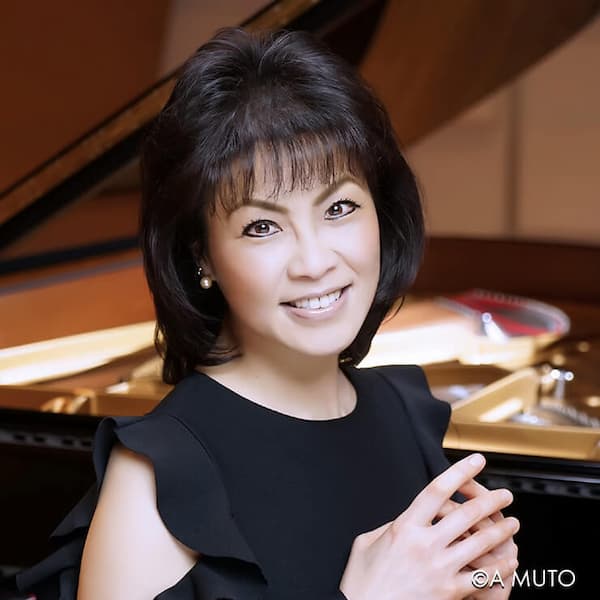
Noriko Ogawa © Hamamatsu International Piano Competition
Competitions are set up to create winners, and according to Dang Thai Son, “sadly, it is only the First Prize that really matters.” While it used to guarantee worldwide exposure, multiple recording contracts and countless recital engagements, “in today’s supercharged environment, even that might not be enough.” Competitions are becoming ever more fierce, and the number of applicants is almost overwhelming.
For the 2024 competition, Hamamatsu received 600 applications, and Dan Thai Son feels great empathy for the 90% that did not make it into the final stage. “It is very painful to watch,” he explains, “to see so many talented pianists prepare for years—and often it turns out to be their last chance—to come up short.”
Free Choice
Hamamatsu offers competitors a lot of freedom when it comes to the choice of repertoire. Free choice of repertoire allows performers to prepare selections that showcase their technical strengths and highlight their musical convictions. For Dan Thai Son, it is one of many wonderful features of the Hamamatsu competition, but it can make life rather difficult for jurors.
“Since everybody is technically at such a high level,” explained Dan Thai Son, “it often comes down to matters of personal preference.” And since jurors are not allowed to discuss or compare performances amongst themselves, making decisions can be a somewhat soul-searching activity. Given the almost parity in technical matters, individual jurors look for emerging musical personalities and at the interpretive maturity of the candidates throughout all stages of the competition. For Dang Thai Son the recital round is the most important part of the semi-final round, but as Noriko Ogawa rightfully explained, “there is a dedicated chamber music prize awarded as well.”
Jonas Aumiller: 12th Hamamatsu International Piano Competition
Preparations
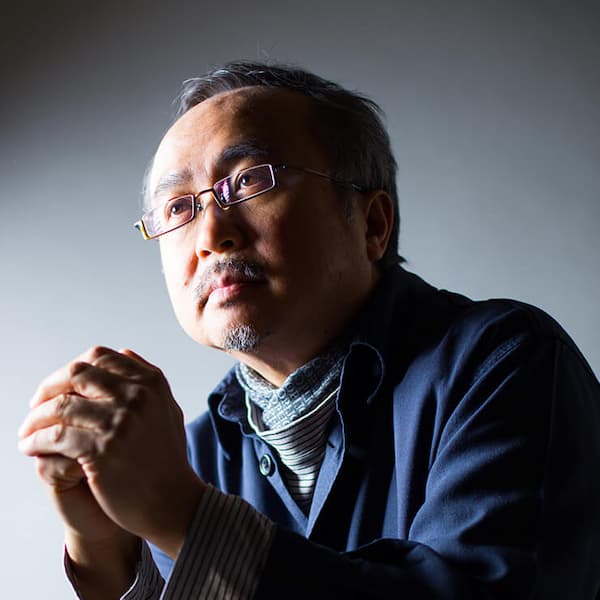
Dang Thai Son © Hamamatsu International Piano Competition
Although piano technicians are generally very happy to operate in the background, they are the key to the success of any performance. Franz Mohr, fabled piano technician to Vladimir Horowitz famously wrote, “I play more in Carnegie Hall than anybody else, but I have no audience.” We certainly had a full house at the 12th Hamamatsu International Piano Competition throughout, but unlike other major competitions, Hamamatsu offers competitors a choice of three piano brands; Yamaha, Kawai, and Steinway.
While both Yamaha and Kawai have their factories in Hamamatsu, Steinway is represented by a brand-new Model D. As you might well imagine, there is a touch of competitive spirit between piano makers in the air. I was fortunate to briefly speak with all three Senior Piano Technicians, Masanori Hanaoka, Hidemi Okubo, and Yusuke Fujikura, respectively. Brand loyalties aside, they all have one thing in common. They want to put an instrument in perfect condition into the hands of competitors, an instrument that inspires confidence, creativity, and perfection.
Concerto Round
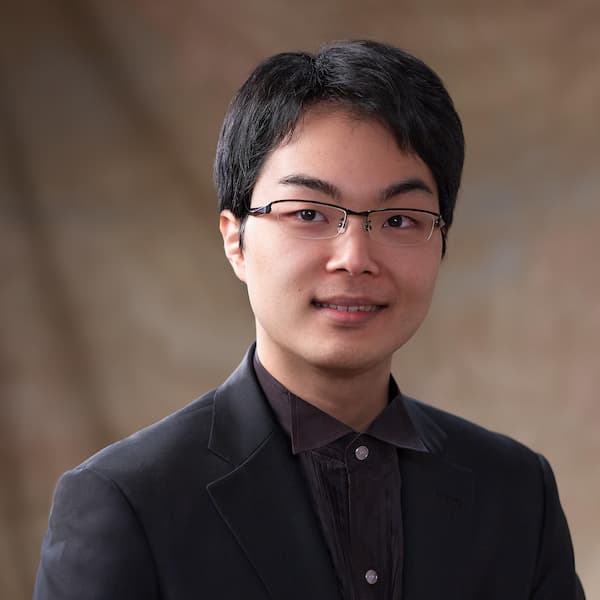
Kaito Kobayashi © Hamamatsu International Piano Competition
The Tokyo Symphony Orchestra under the direction of Maestro Toshiaki Umeda had taken the stage, and Robert Bily from the Czech Republic got the festivities started with a performance of Prokofiev’s 3rd Piano Concerto. The composer himself described the work as “devilishly difficult,” and Bily certainly seemed to have the technical and interpretive tools at his disposal. Sadly, the orchestra tended to overpower Bily’s performance, rendering the piano part inaudible for much of the performance.
The 3rd Piano Concerto by Béla Bartók is one of the composer’s most lyrical creations, graciously flowing and resounding with Classical charm and simplicity. It was Kaito Kobayashi’s turn to communicate the evocative nature of this concerto, particularly prevalent in the central nocturne with its anthology of bird calls. Kobayashi provided a clean and well-rehearsed reading, but the emotional core of the work proofed to be somewhat elusive.

Jonas Aumiller © Hamamatsu International Piano Competition
For his 1st Piano Concerto, Johannes Brahms blended symphonic sketches with a sonata for two pianos. As such, Brahms had not created a concerto within a virtuoso matrix, but rather a large-scale symphony with piano participation. And the participating pianist was Jonas Aumiller from Germany, who navigated this delightful but curious hybrid with a fair sense of musical maturity.
The second evening of the Final round opened with what many in the audience considered the winning performance. JJ Jun Li Bui from Canada presented a reading of Rachmaninoff’s Rhapsody on a Theme of Paganini, affectionately nicknamed the “Crème de Menthe Variations.” JJ mastered all technical difficulties with considerable ease and consummate and passionate musicianship.
Korkmaz Can Sağlam from Turkey had also selected the 1st Piano Concerto by Johannes Brahms, and he was able to clearly delineate the seemingly cosmic struggle between piano and orchestra. Sağlam skilfully led the music to an anxious climax in the “Andante,” he presented a graceful and playful last movement.
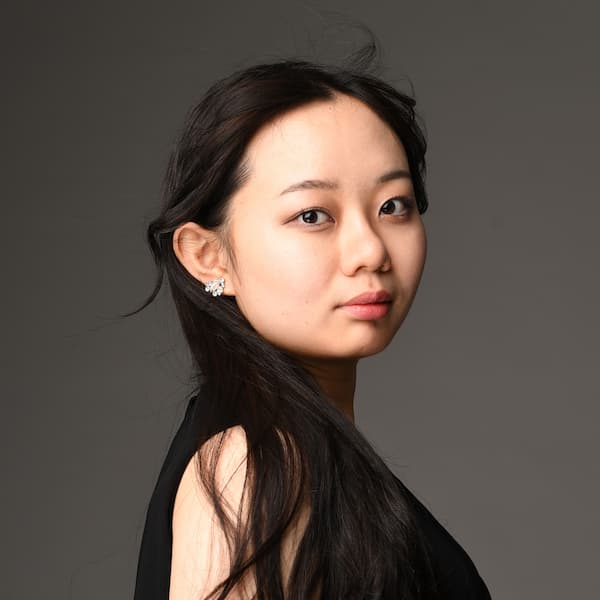
Manami Suzuki © Hamamatsu International Piano Competition
The final competitor to appear on stage was Manami Suzuki, who had selected Beethoven’s C-minor concerto, arguably the first of his piano concertos to sound like mature Beethoven. Epic in scale and darkly poetic, Suzuki delivered quick passage work with grand lyrical sweeps and assertive gestures while being mindful of the chamber-like interaction between soloist and orchestra at all times. The slow movement was played with great delicacy, and the alternating passages of exuberant humour and blunt drama in the final movement irresistibly accelerated towards a high-spirited conclusion.
Results
The grand winner of the 12th Hamamatsu was Manami Suzuki, a 22-year-old pianist from Osaka. She not only won 1st Prize in the competition, but she also received the Audience Prize, the Chamber Music Award, the Mayor of Sapporo Award, and the Mayor of Warsaw Award.
Suzuki’s win is significant, as she is the first Japanese and the first woman to win the Hamamatsu Competition. Winning the Gold medal will provide her a number of opportunities to perform in and outside of Japan, a recording contract, and a contract with international artist management; we wish her all the best. By the way, the fierce competition between piano makers was won by Steinway. Please stay tuned for a final report from Hamamatsu.
For more of the best in classical music, sign up for our E-Newsletter


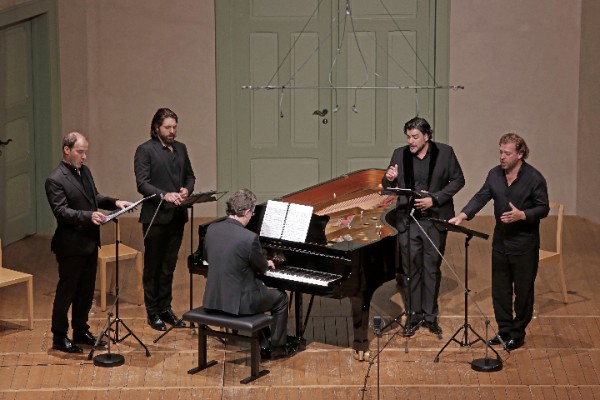
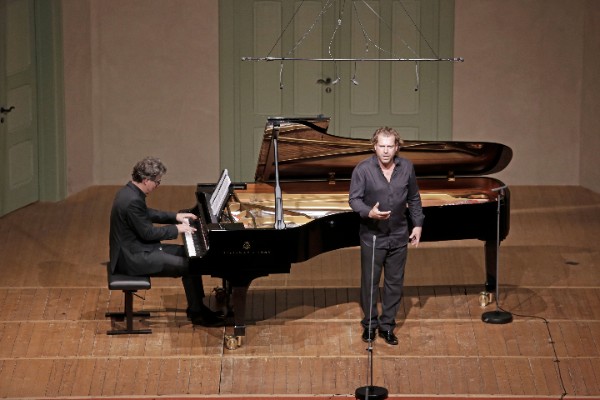
Great coverage on the 12th Hamamatsu Piano Competition! My observation is that all through the various stages, Manami Suzuki made the piano ( Steinway & Sons ) sing like an exquisite human voice. The other finalists showed off the brilliance of their music on outstanding keyboard instruments ( Yamaha or Shigeru Kawai ).